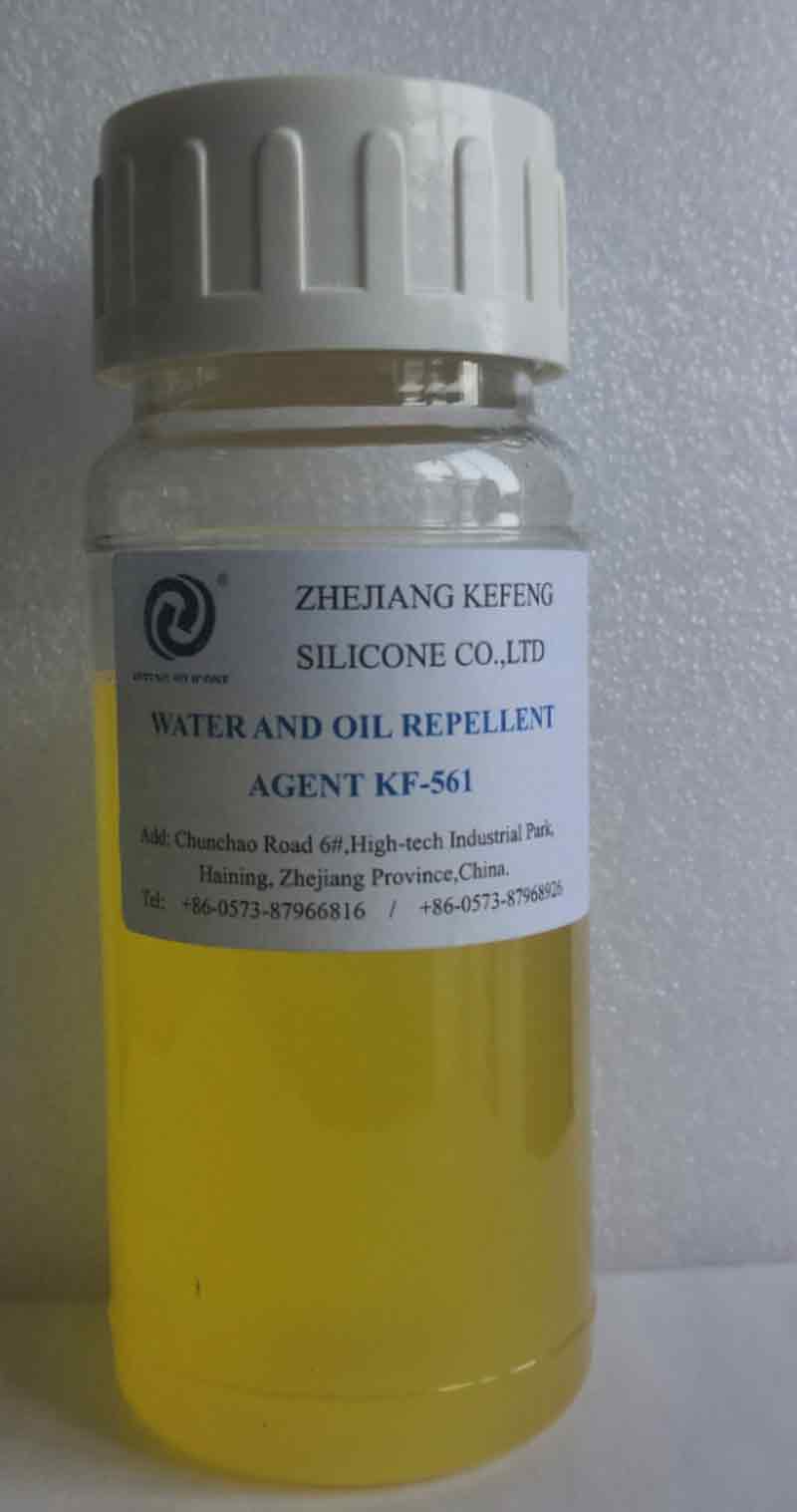

Views: 13 Author: Site Editor Publish Time: 2021-12-22 Origin: Site

A SILICONE SOFTENER is a liquid or solid that imparts softness and comfort to treated fabrics. The FABRITONE 999 Silicone Softener is a reactive cationic silicone softener. It is compatible with other components of a typical resin finishing bath. This product can be used for many applications, including textile applications. XJY Silicones has received ISO9001 certification and is committed to advancing the field of silicone resins.
A silicone softener is a chemical that introduces reactive groups to the silicone molecular chain. These functional groups enhance the fabric's antistatic, hydrophilic, and oil-repellent properties. This type of silicone softener is considered a third-generation product. In addition, it has poor softness and washing durability. The most common types are the polyether modified silicone softener and the siloxane elastomer.
This chemical is a blue, translucent emulsion. It is used to improve the surface texture and moisture absorption of various fabrics. However, it is also susceptible to oil drift and sticky rollers. Therefore, it is important to ensure that this silicone softener meets the demands of your textile manufacturing processes. In addition, it must be resistant to high temperatures and cationic chemicals. These are the two most important parameters in the production of textiles.
There are several types of silicone softener products. They can be divided into inactive, active, and reactive group modification. Each type is useful for different textile applications. Here, we will examine a few of them in more detail. It is important to know that the use of silicone softener is not limited to softening textile materials. It can be applied to both nonwoven and synthetic fabrics. It is a versatile material for the textile industry.
There are several types of silicone softener products. These products can be categorized into inactive silicone softeners, reactive group modified silicone softeners, and active hydrogen epoxy-based silicone softeners. Their chemical reactivity can be categorized as inactive or reactive group-modified. Among these, polyether-modified silicone is a common and inexpensive form of silicone-softeners.
The most common type of silicone softener is hydroxyemulsion silicon oil. It is best to choose the one with a higher molecular mass. This type can cross-link with the reactive base of fiber and improve the elasticity of the fabric. The emulsion stability of a silicone softener is an important quality index. The more stable the emulsion, the better. A study by Giolando and Roghair evaluated the effect of emulsion stability on the properties of the silicon softener.
There are different types of silicone softener. Some are used for textile applications and some are designed specifically for certain applications. For example, cationic silicone finishing softener is good for all types of fabrics and is also great for a variety of exhaust and padding applications. Hybrid silicone softener is suitable for a variety of fabrics, including terry towels. It is economical and produces good results.
